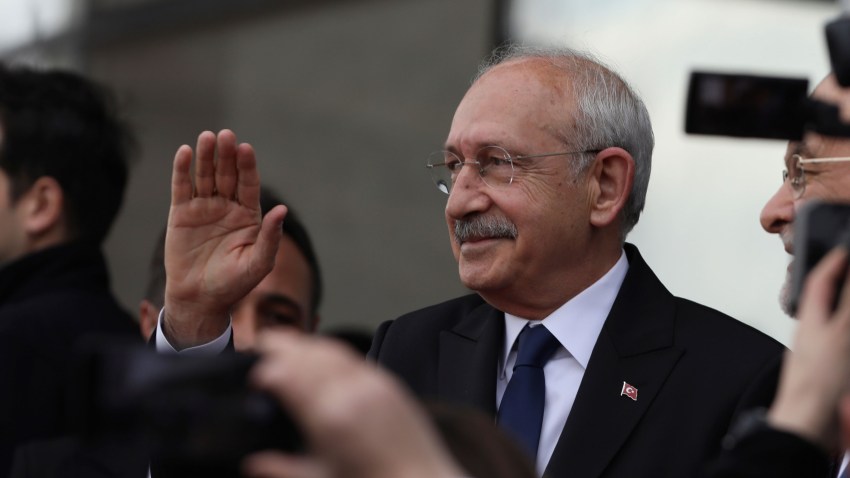As the shock, horror and devastation of the massive earthquakes that hit Turkey in February slowly begin to fade, political candidates have begun campaigning and jostling for position ahead of a crucial election scheduled for May 14. The enormously important vote represents the best chance for Turkey’s opposition to unseat President Recep Tayyip Erdogan, a garrulous populist who has been in power for 20 years, first as prime minister and later as president.
His challenger, Kemal Kilicdaroglu, is also well-known in Turkey. Regarded as an uncharismatic orator but a gifted strategist, he helped engineer victories for the opposition Republican People’s Party, or CHP, in Istanbul and Ankara during the 2019 municipal elections. For this election, he built the Table of Six, a six-party political alliance that spans the ideological spectrum, to take on Erdogan’s ruling Justice and Development Party, which has governed for the past five years in coalition with the hard-right Nationalist Movement Party, or MHP. Ahead of May’s vote, both sides believe they have a credible pathway to victory, while presenting starkly different visions for the country to the electorate.
The Turkish government’s bungled response to the earthquake does not appear to have dramatically shifted public opinion against Erdogan and the AKP, as initially expected. But pocketbook concerns, including skyrocketing inflation rates, stagnant wages and an economy that has worsened in recent years, have been the key issues so far in the campaign.

